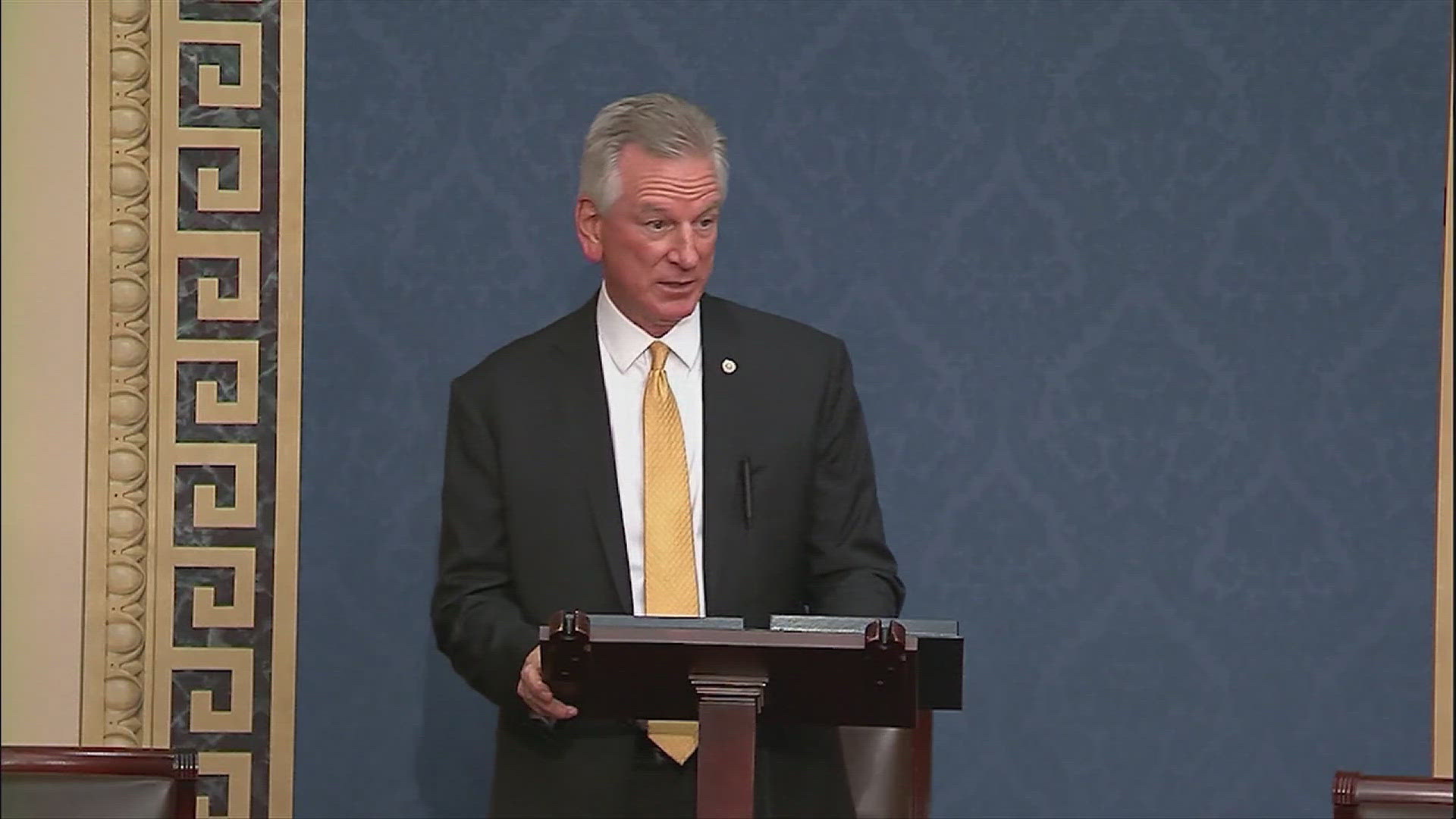MONTGOMERY, Ala. — The Public Education Employees’ Health Insurance Plan (PEEHIP) plans to ask the Legislature to increase funding from $800 to $904 per active member for fiscal year 2026 amid concerns about rising health care claims and funding shortfalls.
The increase, if approved, would be the first since fiscal year 2017.
Diane Scott, the chief financial officer for the program providing health insurance to public school teachers and staff, said Monday at the PEEHIP Board of Control meeting that without this adjustment, the program could see a $142 million deficit in its reserves by the end of fiscal year 2027.
“We’re looking under every rock, under every leaf, but based upon what we know now, and from what our actuaries have helped us with on the claims growth, this is the picture as of today,” Scott said.
The 2026 fiscal year begins on Oct. 1, 2025.
Scott shared projections that suggested funding by 2027 might have to rise to between $1,114 and $1,159 per active member per month, depending on health care cost trends and claims growth. She said that while cost-saving measures and program reviews are ongoing, they may not fully offset the projected shortfall.
She said that “claims expense eclipses” revenue. Between 2024 and 2025, there was a 10% increase in claims from public education employees. It’s estimated to increase by 8% between 2025 and 2026 and 6% by 2027.
Some Medicare retirees who retired after 2005 may see a premium increase of up to $20, but those calculations are not final yet.
Surviving spouses of retirees enrolled in Medicare will see significant premium increases beginning Jan. 1, 2025. For those surviving spouses without dependents, premiums will rise from $65 to $260 monthly — up to a $195 increase. Scott said the adjustment is due to legal requirements requiring premiums to cover the cost increase fully for surviving spouses of Medicare retirees. For a Medicare surviving spouse who also has an incapacitated Medicare dependent — a total of 14 premiums — it will go up by $360.
State law allows the PEEHIP Board to provide coverage to surviving spouses and dependents after the death of the employee or retiree, provided “spouse and dependents shall pay the full cost of their coverage.”
About 2,000 surviving spouses may be impacted. Scott said after the meeting that whether it may decrease the number of beneficiaries “depends upon the appetite for the differences.”
“There are lots of plans out there, Medicare Advantage plans that they could go to, and some of them are the $0 coverage,” she said.
Some board members expressed concern about the impact on members and the timing of notification letters, with some calling for earlier communication to help members prepare for the change.
“When you calculate those, could you maybe email the board the largest amount? Because I’m sure we’ll get a lot of complaints over Christmas break,” Susan Williams Brown, the representative for postsecondary members, said.
The Legislature will have the final say in what increase, if any, goes for insurance. While the board is optimistic about securing the proposed FY 2026 funding, Scott acknowledged uncertainty.
“If it doesn’t (get approved), we’ll have to bring you all back together and make some difficult decisions,” Scott said.
This article originally appeared in the Alabama Reflector, an independent, nonprofit news outlet. It appears on FOX54.com under Creative Commons license CC BY-NC-ND 4.0.



